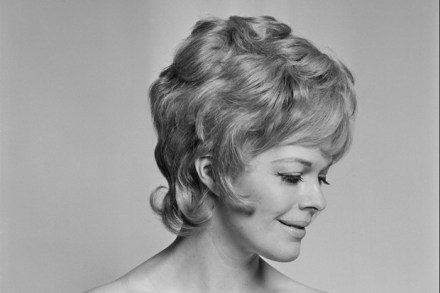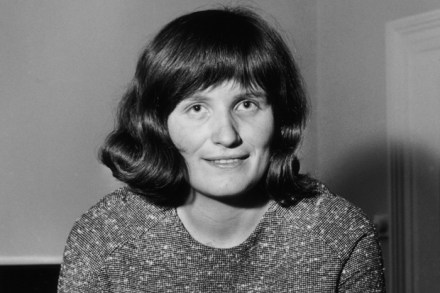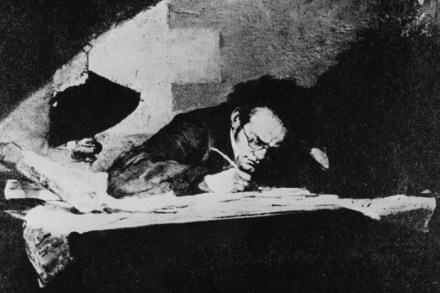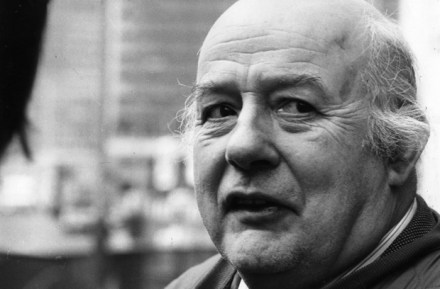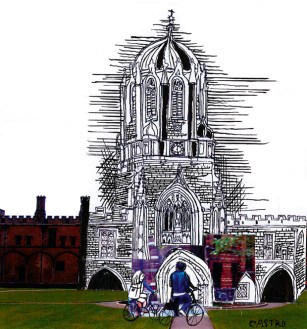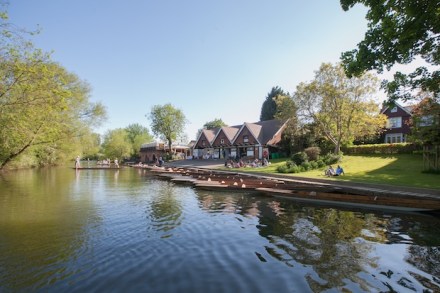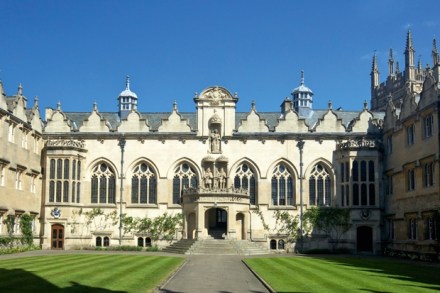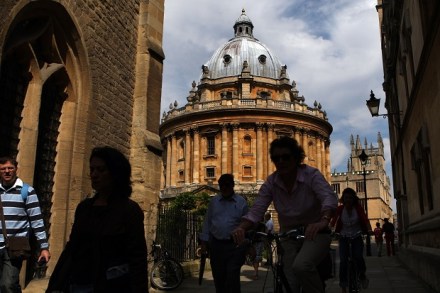Blunt is right. Being posh in the arts is career suicide
Yesterday saw Labour’s shadow minister for the arts, Chris Bryant MP, amusingly and justly savaged by the pop star James Blunt for some ill-advised remarks about the predominance of public school boys in the arts: he cited both the Old Harrovian Blunt and the Old Etonian Eddie Redmayne as evidence of a lack of diversity. Now, I am sure the multi-award-winning, multi-platinum-selling former Captain Blunt can look after himself, and during awards season, the Oscar-nominated Redmayne has other things on his plate, but it reminds this former actor of how narrow the arts really are. It was after my first successful audition in 2007, for a part in a Jacobean tragedy



